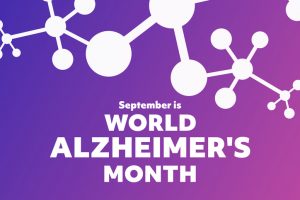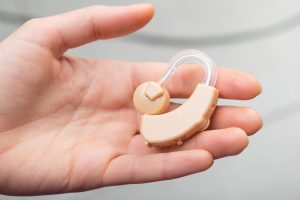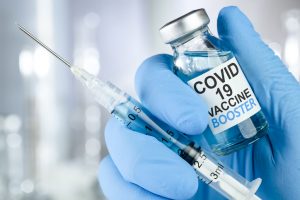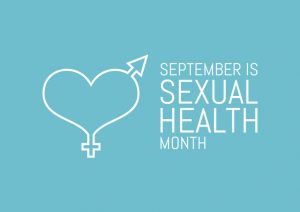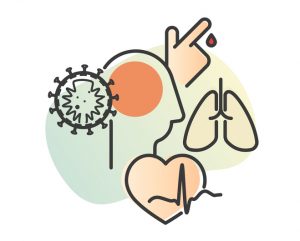 One in five New Yorkers suffers from symptoms of mental disorders such as anxiety and depression each year. These symptoms can range from mild to severe and can be short-term or long-lasting. Although these symptoms can manifest in many different ways, one of the most effective approaches to reduce them is to develop healthy coping mechanisms.
One in five New Yorkers suffers from symptoms of mental disorders such as anxiety and depression each year. These symptoms can range from mild to severe and can be short-term or long-lasting. Although these symptoms can manifest in many different ways, one of the most effective approaches to reduce them is to develop healthy coping mechanisms.
Coping mechanisms are strategies people use to manage their thoughts and emotions during moments of stress, anxiety, anger, trauma, or sadness. Over time, you may develop your own ways of coping with the symptoms you’re experiencing. However, these automatic coping mechanisms may not always have a positive impact on your health.
Negative coping mechanisms are common and easy to fall into. Avoidant behaviors, substance abuse, eating disorders, impulsive spending, and excessive sleeping may all offer immediate satisfaction and help to push away traumatic thoughts or feelings. However, all of these habits pose a high risk of mental or physical health complications that may only worsen your condition long-term.
If you know what your triggers are and when they’re most likely to appear, many unhealthy coping behaviors may be prevented, but the best way to stop these habits from forming is to intentionally build healthier ones.
Healthy coping mechanisms involve accepting your situation and adopting a positive, productive outlook. A few examples of these behaviors include:
- Treating yourself with kindness: Acknowledge your progress, strength, and value as a person and allow yourself time for activities that you find enjoyable, relaxing, or rewarding.
- Adjusting your perspective: Consider your circumstances and symptoms as obstacles that can be overcome and think about the positive changes you’d like to see in yourself at a defined point in the future.
- Setting and pursuing goals: Set beneficial goals for yourself, consider the steps necessary to achieve them, and take decisive action to move closer to them.
- Maintaining positive connections: Make an effort to spend time with supportive people in your life by communicating with them regularly, even if only briefly, and including them in activities you mutually enjoy.
- Accepting change as it happens: Both positive and negative changes are natural, unavoidable parts of life. Accepting them, and the fact that you have the power to decide how to respond to them, can help you make the most of your circumstances in the wake of these changes.
If you’re experiencing symptoms of a mental illness, schedule a consultation with a doctor at Flushing Hospital Medical Center’s Mental Health Department by calling (718) 670-5316 now.
All content of this newsletter is intended for general information purposes only and is not intended or implied to be a substitute for professional medical advice, diagnosis or treatment. Please consult a medical professional before adopting any of the suggestions on this page. You must never disregard professional medical advice or delay seeking medical treatment based upon any content of this newsletter. PROMPTLY CONSULT YOUR PHYSICIAN OR CALL 911 IF YOU BELIEVE YOU HAVE A MEDICAL EMERGENCY.



